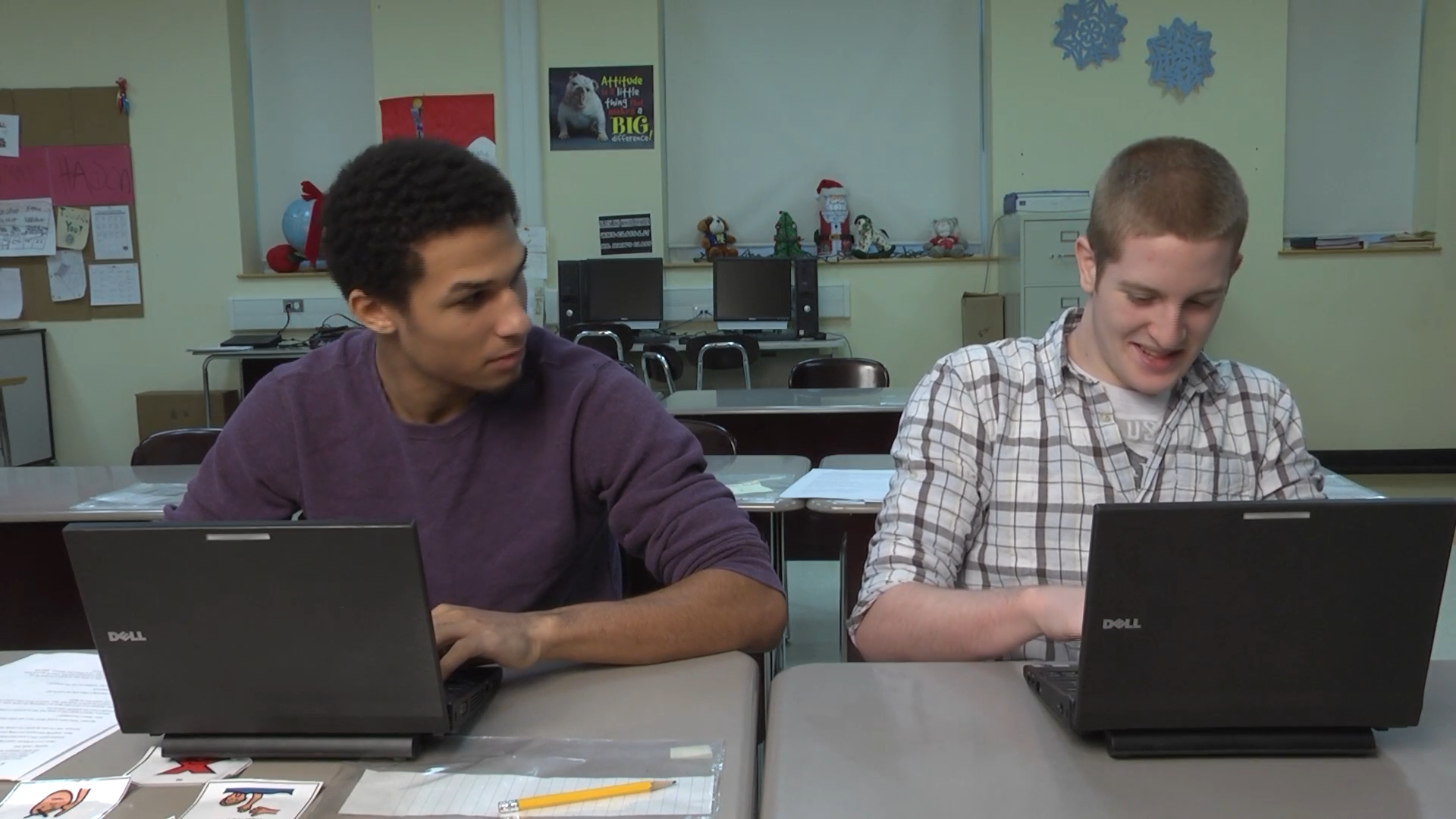
Introduction
Social rules are the unspoken guidelines that govern our behavior in various settings. These rules help us figure out how to behave appropriately in different places, such as school, gym class, or study hall. As educators, it’s essential to teach high school students about social rules and how to adapt their behavior according to the situation. This blog post will provide a no-prep activity, discussion questions, and related skills to help students understand and follow social rules in various settings.
No-Prep Activity: Silent Charades
This activity aims to help students recognize the importance of social rules and adapt their behavior based on the context. The game requires no preparation or materials and can be played in a classroom setting.
- Divide the students into small groups.
- Ask each group to select a specific location or setting, such as a library, a movie theater, or a restaurant.
- One student from each group will act out a scene from their chosen location, without making any noise. The other group members will guess the location based on the silent actions.
- After each scene, discuss as a class the social rules that were followed or broken by the student who was acting.
- Repeat the activity with different students and locations.
This activity will help students understand the significance of social rules and how they can adapt their behavior to different situations.
Discussion Questions
- Why is it important to follow social rules in various settings?
- How can we identify the social rules in a new or unfamiliar situation?
- What are the consequences of not following social rules in different settings?
- Can you think of a time when you had to adapt your behavior to follow the social rules of a particular place? How did it make you feel?
- How can understanding and following social rules help us build better relationships with others?
Related Skills
In addition to understanding social rules, there are other relevant skills that students should develop as part of their social-emotional learning journey. These include:
- Empathy: Understanding and sharing the feelings of others.
- Active listening: Paying close attention to what others are saying and responding appropriately.
- Nonverbal communication: Interpreting and using body language, facial expressions, and gestures effectively.
- Conflict resolution: Addressing and resolving disagreements in a constructive manner.
- Assertiveness: Expressing one’s thoughts, feelings, and needs in a respectful and confident manner.
Next Steps
Teaching students about social rules and related skills is essential for their growth and success in various aspects of life. To access free samples of activities and materials on social rules and other essential skills, sign up at Everyday Speech. By incorporating these resources into your teaching, you can help your students navigate the complex world of social interactions with ease and confidence.

